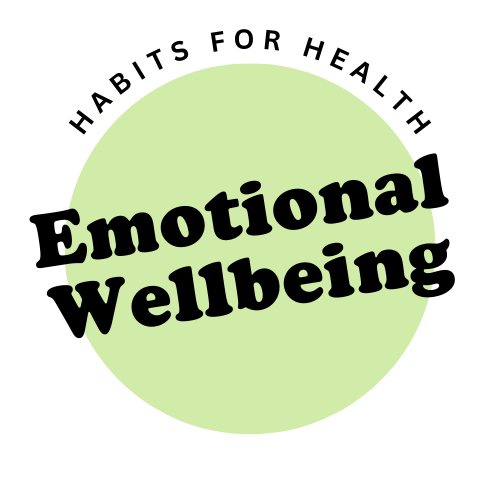Emotional Wellbeing
Emotional well-being is a crucial part of overall health, impacting how we think, feel, and act. It influences how we handle stress, relate to others, and make choices. Despite its importance, many people struggle with maintaining their emotional health due to various stressors and life challenges.
Why Emotional Wellbeing Matters
- Mental Health: Good emotional health helps prevent mental health conditions like depression and anxiety. It promotes resilience, enabling you to bounce back from setbacks and cope with life’s challenges.
- Physical Health: Emotional well-being is closely linked to physical health. Chronic stress and negative emotions can weaken the immune system, increase blood pressure, and contribute to other health problems.
- Relationships: Emotional health impacts the quality of your relationships. It allows you to communicate effectively, empathize with others, and manage conflicts in a healthy way.
In our emotional well-being session, we make maintaining emotional health easy and achievable by:
- Understanding Stress: Learn about how stressors can add up and how to manage them.
- Practicing Mindfulness and Relaxation Techniques: Discover techniques to stay present and reduce stress.
- Developing Healthy Coping Strategies: Learn how to cope with stress and adversity in healthy ways.
And Most Importantly:
- Learning Tools for Breaking Long-Term Emotional Health Goals Down into Small, Achievable, and Sustainable Steps: Implement small changes to gradually improve your emotional well-being.
Tiny Habits Suggestion
Tiny habits are a behaviour change that focus on creating small, easy-to-implement habits that can lead to significant long-term changes in behaviour. Below we have made some suggestions you may like to try.
- Tiny Habit 1: Daily Gratitude Practice Spend a few minutes each day writing down three things you are grateful for. This practice can shift your focus to the positive aspects of your life.
- Tiny Habit 2: Breathing Exercises Take a few deep breaths whenever you feel stressed. Deep breathing can help calm your mind and reduce stress levels.
- Tiny Habit 3: Regular Check-Ins Set aside time each day to check in with yourself emotionally. Ask yourself how you’re feeling and what you need.
- Tiny Habit 4: Limit Negative Media Consumption Reduce exposure to negative news and social media. Instead, engage in activities that uplift your mood.
- Tiny Habit 5: Engage in a Creative Activity Spend a few minutes each day on a creative activity you enjoy, such as drawing, writing, or playing music.

